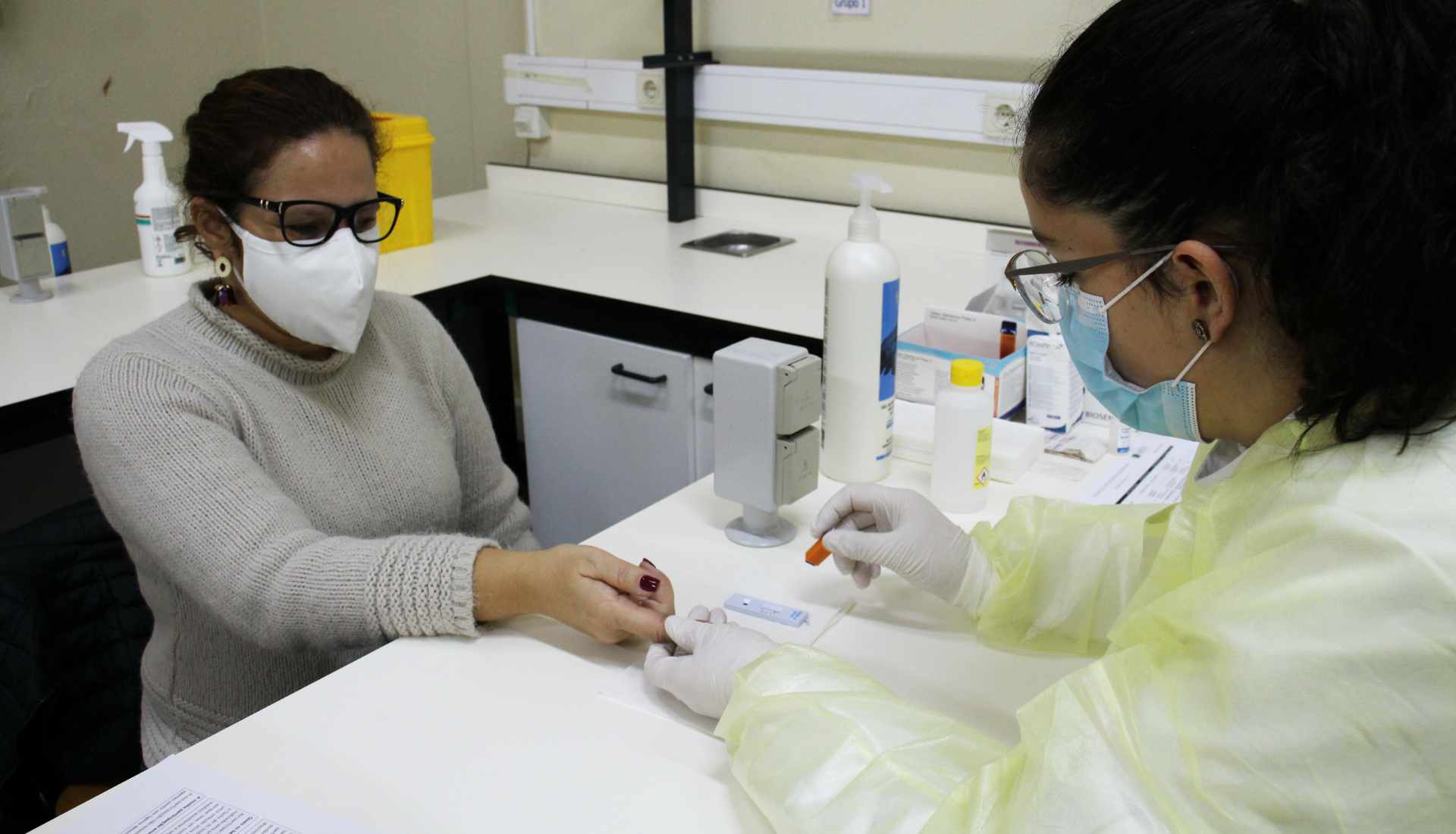Do the Portuguese know the contingency plan for their workplace? What spaces do they go to when they leave home for recreational purposes? The most recent data from the Diaries of a Pandemic study showed that, for example, almost a quarter of people who returned to physical workplaces mentioned they were unaware of the recommendation to stay at home if they had symptoms suggestive of COVID-19.
On the other hand, half of the individuals who have children in their charge, chose not to send them back to the educational institutions, which have reopened in the country. Further, people aged 60 and over were found to most frequently visit patios or non-essential places.
The results now released include the responses of 4,543 participants who, between May 25 and June 5, 2020, answered the module on questions about returning to work and social life outside the home.
Knowledge of contingency measures in the workplace
More than three quarters of respondents who were working outside the home or working from home reported that a contingency plan for COVID-19 was released at their workplace.
However, and with regard to containment measures applied in the workplace, 24% of the individuals who worked outside the home, mentioned not knowing about the recommendation to stay at home, in case they had symptoms suggestive of COVID-19, or indicated that this guideline did not exist. Looking at the sectors of professional activity, health sector professionals reported most that this measure did not exist or that they were unaware of it.
For Raquel Lucas, a researcher on the Diaries of a Pandemic team, “this result was quite surprising, because one of the basic rules for preventing transmission is to not go to work when you are sick. However, we saw that almost a quarter of people who worked outside the home, and particularly health professionals, did not identify the existence of this recommendation”.
Also, among people who had worked outside the home, 29% did not know if the surfaces of their workspace had been cleaned or considered that they had not been cleaned properly. Additionally, 18% mentioned not having free access to masks, in closed spaces, or not knowing if masks would be provided.
The study demonstrated that there is a clear social gradient regarding the knowledge of contingency measures in the workplace: respondents with the lowest incomes referred most often to the absence or ignorance of the various COVID-19 containment strategies applied in the workplace.
Reopening of nurseries, kindergartens and schools
Among participants who were in charge of children, more than half chose not to send them back to the educational institutions, which have reopened in the country (nurseries, daycare centers, kindergartens and schools).
Half of the respondents, with or without children, showed a great deal of concern about the possibility that the reopening of educational institutions increases the risk of the youngest or other family members being infected by the new coronavirus. However, individuals with a higher educational level were less concerned about this.
Going out and social life
More than three quarters of the participants in Diaries of a Pandemic mentioned leaving home, at least once, for a walk or to exercise. This was the reason most frequently cited for leaving home, followed by visits to family or friends and going to the beach or green spaces. The latter two reasons for leaving home were most referred by younger participants.
It should be added that visits to family and friends were more frequent in the North of the country, while visits to the beach and green spaces was more common among residents of the Metropolitan Area of Lisbon.
Also, less than half of the participants in the study went to patios (40%), non-essential establishments (31%), or frequented the interior of restaurants or cafes (28%). Individuals aged 60 and over reported these types of outings more often, which, according to Raquel Lucas, may be related, on the one hand, to a perception of lower risk combined with a greater need to leave home to socialize and, on the other hand, with a greater physical proximity to these spaces, when compared to outdoor leisure settings, such as the beach.
14% of respondents mentioned having used face-to-face health services for reasons unrelated to COVID-19, while only 8% of participants used public transportation. The latter was most frequently used by younger individuals and residents of the Metropolitan Area of Lisbon.
Continue participating in the Diaries of a Pandemic!
Since March 23, the study Diaries of a Pandemic is collecting information on how the Portuguese have dealt with a set of situations that may influence the course of the COVID-19 pandemic in Portugal, in collaboration with the PÚBLICO newspaper.
To produce relevant scientific knowledge in this area, we need your collaboration. Therefore, continue to participate, dedicating 5 to 10 minutes of your time to answer the questions of our survey, which is now sent weekly, since May 25.
You can consult the report on the results released today, here, and the results for the previous weeks of the study, here.



